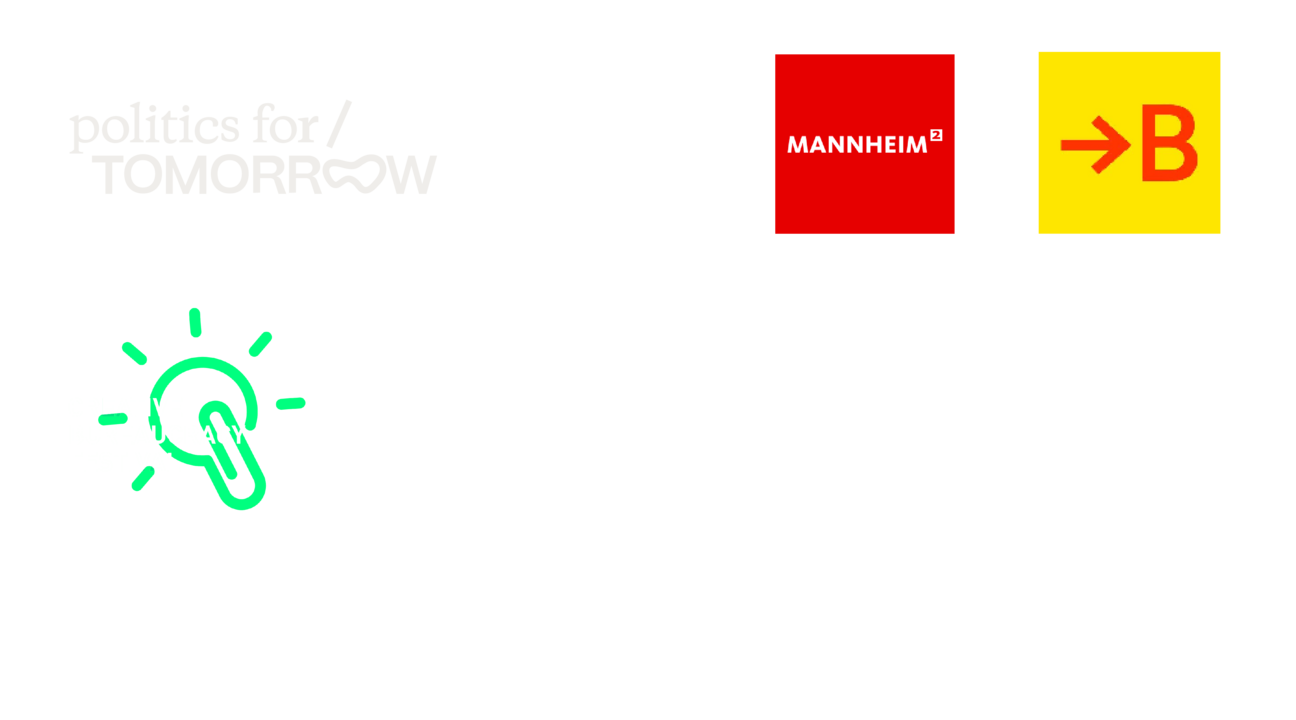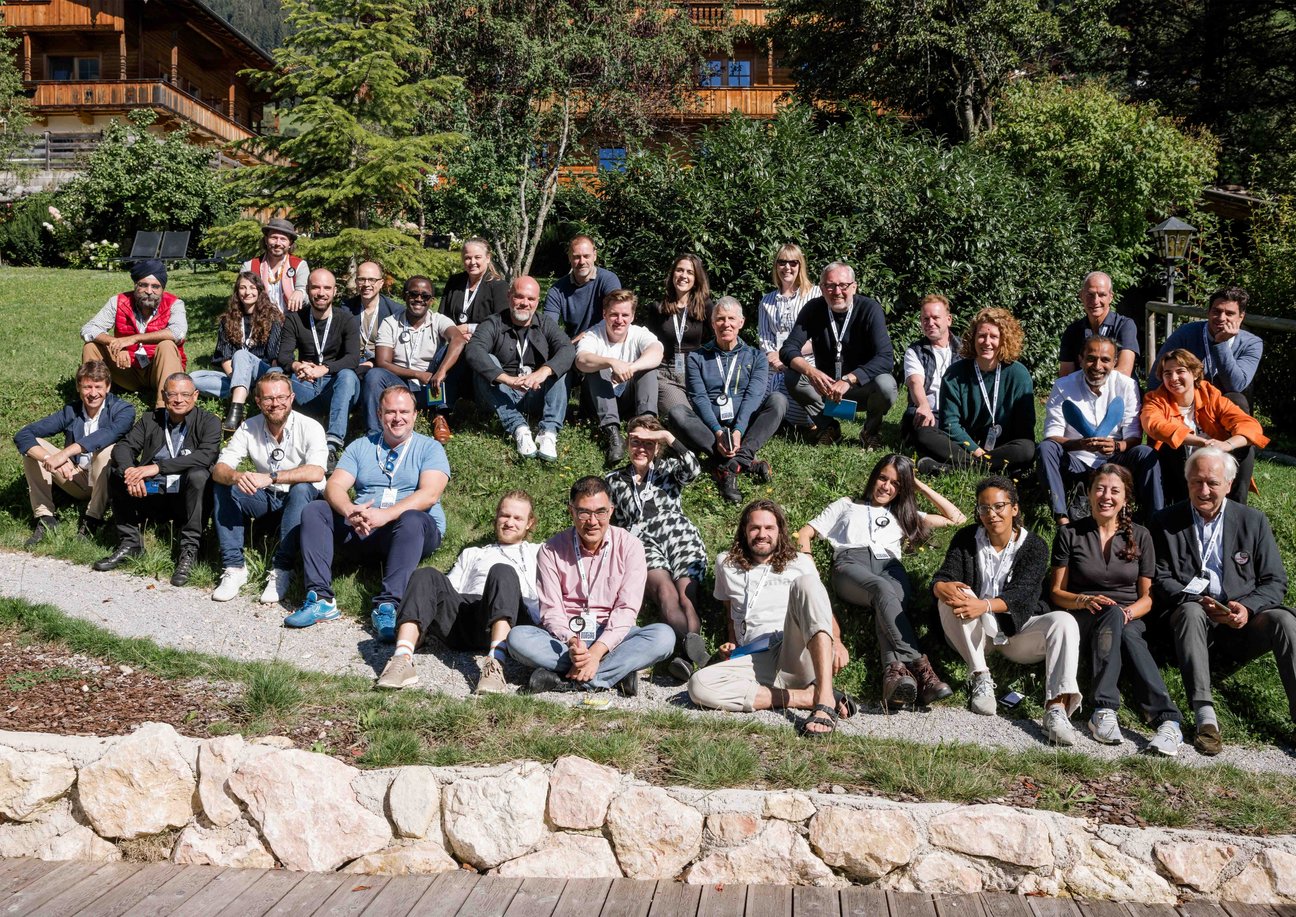What is your plan to make a relevant difference in the next 10×100 decisive days?
Seed Communities

What is your plan to make a relevant difference in the next 10x100 decisive days?
Seed Communities

Why 10x100?
10x100 is a learning-centered coordination framework that drives organizational shifts from commitment to accountable impact across the entire value chain. Approaching these shifts together will facilitate the creation of new markets, adjustments to legislation, and coordinated efforts for giant leaps (Earth4All).
The current 10x100 days provide an ultimate window of opportunity to transform human activity by design, instead of by disaster (IPCC, 2023). This scientifically backed timeframe has to be understood as a turning point for WHERE our planetary society is heading and HOW we coordinate for systemic shifts.
Each day matters to adapt current policies for responding appropriately to the polycrisis and leverage practices that support each others, ending current path dependencies in order to move forward into a just and regenerative future.
Events
10x100 Quarterly
in collaboration with Politics for Tomorrow, Dark Matter Labs and Center for Complexity, RISD
May 23, 2025 02:00 PM
registration here
10×100 Window of Opportunity
Humanity has entered a new era of risk, rooted in worldviews, institutional codes, narratives, models, and laws that have misconnected human activity from its biophysical reality. Although scientific knowledge is abundant, the progress towards low-risk decarbonization and deep societal transition is not advancing at the necessary speed and scope.
The polycrisis manifests as a symptom of larger structural challenges, exceeding the capacity of many organizations to address complex issues and promote long-term change.
10x100 practitioners and supporters are aware of these structural barriers and are working towards more drastic measures. Instead of avoiding the complexity of massive collaboration, we actively engage in leveraging each other's impact by strategically reinforcing it.
What is 10x100?
10x100 Protocol
10x100 Services
How does 10x100 work?
10×100 Approach
10x100 democratizes transformation processes by fostering increased dialogue, encouraging self-criticism by actively seeking common answers, and reflecting on mistakes to change positions through:
- Embracing diversity of perspectives, regularly looking outward, inward, and forward to align collective actions with biophysical realities.
- Practicing self-coordination through participatory governance, where shared direction, overarching goals, and values guide decision-making.
- Implementing peer-to-peer accountability by conducting regular evaluations and transparently improving our engagement and collaboration.
About us
10×100 has been initiated by Politics for Tomorrow and Dark Matter Labs and kicked off at the European Forum Alpbach in September 2022 with remarkable thought leaders from academia, culture, civil society, business, philanthropy, think tanks, law, politics and public administration.
"The question of modalities is about opening up imagination to imagine new ways of orienting and orchestrating actions."
"We are standing at an apex point of a new typology of transition – a transition that will require not democracy as a vote, but democracy as a deep enablement and consciousness of our relationship to the world."
"We have to realise that that climate change is a dynamic and imperfect information game."
"I believe that in order to overcome the big challenges that we are facing on a global scale, we need to unleash the creative power and innovation potential of different actors across society."
"Looking at the institutional side, we need learning institutions, we need democratic institutions that are open to reflect on what they’ve done so far, what went well, what has been going wrong and how they should adapt."
"We need to make sure that we adopt a participatory approach since these issues we are dealing with are really affecting the whole of humanity."
